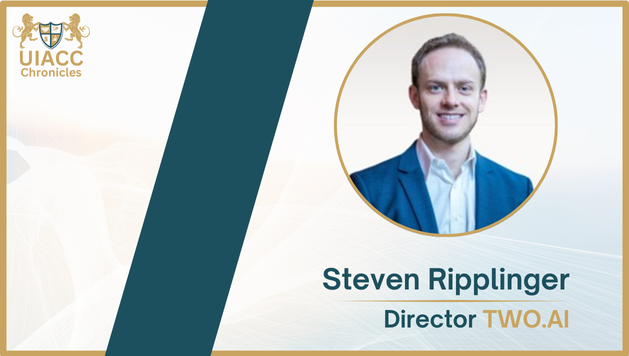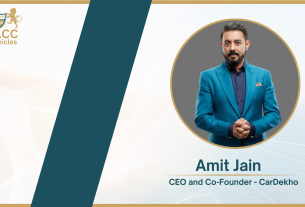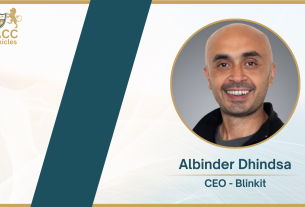Interviewer: Steven, you’ve had a diverse career, blending investing, technology, and data science. Can you share how you view the intersection of these fields?
Absolutely. Investing, at its core, is a fascinating blend of strategy, psychology, finance, math, and business. It’s a lifelong journey of learning that demands patience, self-awareness, and relentless curiosity. For me, investing has been more than just a career—it’s been the lens through which I’ve viewed the world since my teenage years. My passion for investing led me to study finance and spend nearly a decade at an investment firm, refining my skills.
If I were to distill investing into two main aspects, it would be: 1) the art and science of investing, which involves understanding finance, math, psychology, risk, and law, and 2) the study of businesses, focusing on strategy, competitive dynamics, execution, management, and M&A. Excelling in both areas is crucial for becoming a great investor.
Interviewer: How has your perspective on investing evolved over time?
While I still reflect on and refine my investing ideas, I’m currently focusing more on the business side of things. Instead of observing from an investor’s vantage point, I’m immersing myself in hands-on business experiences. This shift allows me to learn and grow by actively engaging with new ventures and projects.
Interviewer: You’ve also expressed a strong interest in technology and startups. What draws you to this field?
My fascination with technology and startups stems from a deep-seated interest in innovation. I’ve always been intrigued by technological advancements and how companies bring new ideas to life. Unlike traditional industries, tech startups offer a dynamic environment with rapid change and diverse challenges.
For me, the excitement lies in creating new things and experiences. I’m not interested in betting on the status quo; rather, I want to be part of the transformative process. I’m particularly interested in how to launch products, create new markets, and optimize business models to drive growth.
Interviewer: Growth and customer analytics are critical to many businesses. How do you approach these areas?
Growth is often discussed in terms of A/B testing or marketing tactics, but to me, it’s about capturing and optimizing the opportunity a company is pursuing. It involves understanding how to effectively manage the flow of customers and ensure that growth is both optimal and value-maximizing.
I see growth through the lens of customer analytics, focusing on three core processes: acquisition, retention, and spend. By centering decisions around these processes, businesses can make informed choices that enhance their growth strategy.
Interviewer: Your background in data science and analytics engineering is also impressive. How has the evolution of data impacted your work?
Data has undergone a remarkable transformation. What was once slow and cumbersome is now fast and accessible, thanks to advancements in cloud storage, machine learning, and the Modern Data Stack. This evolution has greatly enriched my work, allowing me to delve into statistical modeling, predictive analytics, and natural language processing.
One of my core principles is to engage deeply with the data rather than relying solely on secondary sources. Whether working in growth or any other field, being able to manage and interpret data effectively is crucial. It enables me to build my own models and develop differentiated, substantiated opinions.
Interviewer: What advice would you give to those looking to excel in these fields?
Stay curious and committed to lifelong learning. Embrace the complexities of each field and be prepared to continuously adapt and evolve. For investors, understanding both the art and science of investing is key. In technology and startups, focus on innovation and creating new value. And in data science, always strive to work directly with data to gain deeper insights and drive informed decisions.





